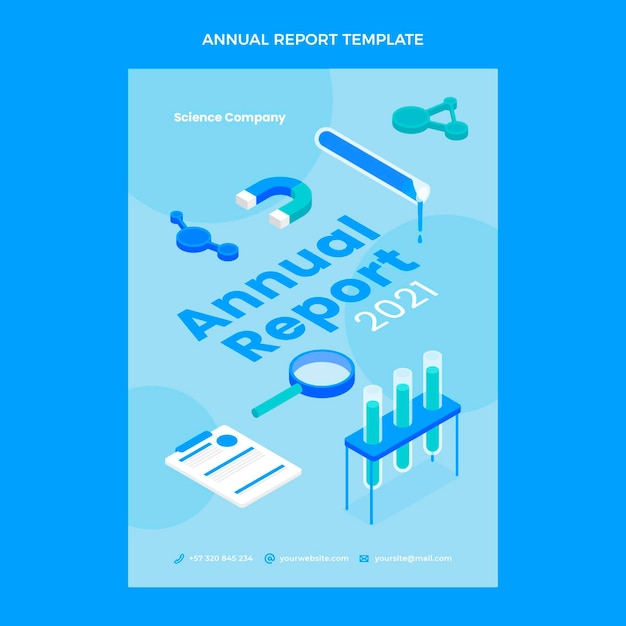
The end of the year is approaching, which means it’s a great time to get your finances in order and prepare for tax season. Here are some tips to get you ready for the new year:
Set Your Budget for Next Year: Creating a budget is simple:
– Money In – Money Out > 0 = Success.
To do this effectively, make a table with 12 columns, one for each month. List your income at the top, followed by all your bills and expenses. This approach is more effective than a generic monthly budget because it includes irregular or seasonal expenses, such as holiday spending. This way, you can see how you’re doing throughout the entire year and identify any potential problem areas.
Contribute: Before filing your income taxes, ensure you’ve maxed out your tax-deferred investments, such as IRAs and 529 College Savings Plans.
Donate: Donations are tax-deductible. December is your last chance to make any charitable contributions for the year.
Sell Your Losers: You can offset your income with losses from poor-performing investments, known as capital losses. If an investment shows little promise, consider selling it.
Hold on to Your Investments: Investments held for more than a year, known as long-term capital gains, receive better tax treatment than those held for less than a year, called short-term capital gains. Try to hold onto investments that are making you money to benefit from this.
List Your Expenses: If you’ve paid work-related expenses, have your receipts ready to deduct them on your income tax return. Teachers, don’t forget about the educator expense credit!
Set Your Goals for Next Year: One of the most crucial steps is to decide what you want to achieve next year. Ask yourself:
– Do you have debt that needs to be paid off faster?
– Do you have any significant purchases coming up that you need to save for?
– Can you save more in your 401(k)?
– Can you contribute more to your IRA each month?
By following these tips, you’ll be well-prepared for the new financial year.
